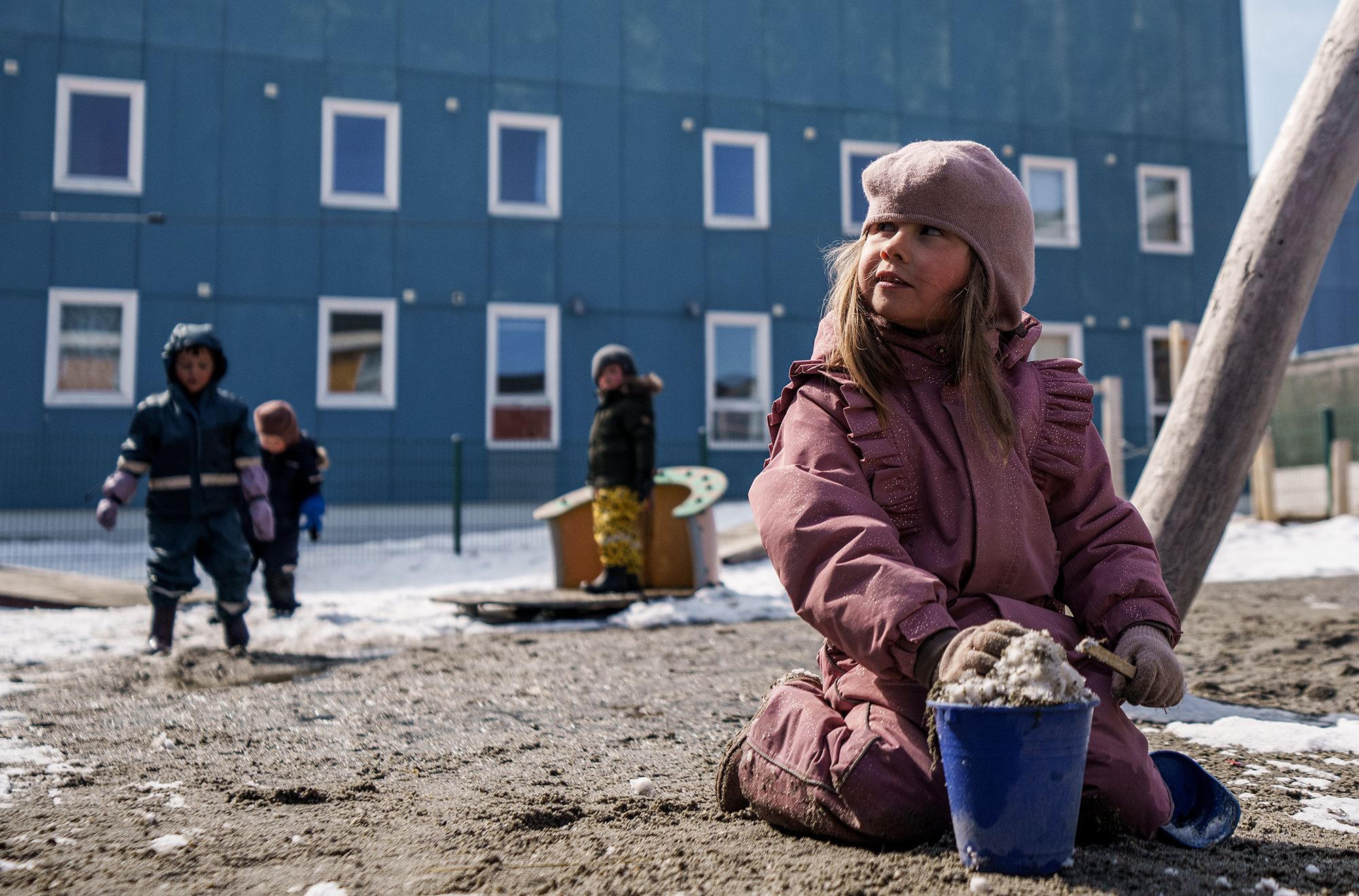Nordic Research on Children and Young People
NordForsk's initiatives on children and young people is focused on increasing our knowledge and get a better understanding of how the COVID-19 pandemic affected children and young people, reducing negative effects, promoting resilience, and strengthening crisis preparedness. The research activities have an emphasis on education, wellbeing, mental health, and living conditions of children and young people.
Eleven research projects
Psychosocial problems, service barriers, participation and interventions during crises: solutions for children and young people (CrisesSolutions)
Multi-method research project that will compare mental wellbeing trends within, and between, four Nordic countries (Finland, Iceland, Norway and Sweden) before, during and after the COVID-19 pandemic.
Promoting Resilience and Inclusion: Gender-Inclusive Strategies for Youth Mental Health in Post-Pandemic Nordics (PRISM)
The PRISM project aims to bridge significant knowledge gaps regarding youth mental health in the post-pandemic Nordic context through a gender-inclusive lens.
Navigating Vulnerability for Post-pandemic Social Sustainability: Migrant Children with Disabilities in Nordic Countries (HOPE)
The primary goal is to investigate the complex interplay of biological, cultural, and societal vulnerabilities and resilience factors that shape the well-being, educational pathways, and access to support for these young individuals in the post-pandemic Nordic region.
Young First: Nordic Evidence on the Well-Being–Education Nexus and Inequalities
YouthFirst – uniting the NordForsk-funded ChildrenFirst and YoungEqual projects – addresses a critical gap in Nordic research: how adolescent mental health and education interact over time and across countries.
Post-pandemic mental health: Risk and resilience in young people (covidmentYOUNG)
The Project is aiming to build solid knowledge to optimize future societal responses and promote resilience in the young population, focusing on eating problems and disorders, post-traumatic stress disorder, selfharm, depression, anxiety and wellbeing.
Children's and adolescents' responses to the pandemic– future risks of increasing inequalities in learning and mental health (YoungEqual)
Project aiming to improve our understanding of the welfare for children and young people and the consequences of the pandemic and the restrictions on education, wellbeing, mental health, and living conditions.
Post-Pandemic Vulnerability and Resilience: A bioecological approach towards youth wellbeing in Nordic schools and communities (SISU)
Project aiming to improve the well-being of young people by increasing our understanding of vulnerabilities and resilience in determining post-pandemic outcomes.
Exploring Practices in Early Childhood of Tomorrow Develop resilience in social sustainable childhoods after Covid-19 (EXPECT)
The EXPECT project aims to deepen knowledge about the experiences and consequences of COVID- 19 to prepare Nordic preschools in maintaining social sustainability for future pandemics or crises.
Education of Refugees and Asylum Seekers under and post the Pandemic in Nordic Countries (ERAPAN)
Project aiming to to address the impact of COVID-19 on children and youth with forced migration backgrounds.
Children First: Nordic policies and children’s well-being (ChildrenFirst)
Multidisciplinary project with the aim of producing new scientific knowledge on the COVID-19 pandemic’s impact on child wellbeing and identifies policy options to enhance child-wellbeing and resilience in Nordic countries.
Mental health and life satisfaction among youth with disabilities and experiences of services in the post-pandemic period (D-youth)
Project with the aim to improve understanding of mental health, life satisfaction, and services received among youth with disabilities in the Nordic countries during the post-pandemic period.
Other research activities
Childhood vaccines: Nordic countries have widely diverging practices
Which vaccines should children get? New research results show that each Nordic country has its own recommendations. For the first time, researchers have also investigated the effect vaccines have on the consumption of antibiotics and hospital admissions.
Children with cancer can receive treatment across the Nordic region
Cancer in children is rare. But cancer remains the disease causing the most deaths in children over the age of 1 year. Over the last 10 years, doctors in the Nordic countries have started testing new drugs for children with cancer as part of clinical trials.
Generative AI in Education for Young Adults: A Gender-Inclusive Nordic-Baltic Perspective (GAIYA)
With a special focus on digital literacy and gender equality, GAIYA investigates how students and teachers in Denmark, Sweden, and Norway use and experience generative AI tools.
Linguistic Integration of Refugee Children and their Families (LINC)
This collaborative project investigates the linguistic integration of Ukrainian refugees across four countries around the Nordic-Baltic region: Sweden, Norway, Estonia and Lithuania.
Practicing Hope: Challenging myths and changing narratives of youth in super-diverse urban communities (YouHope)
Young people predominantly live in cities, where the urgency of social exclusion is intertwined with numerous other societal challenges. Many of these pressing and interconnected problems.
Exploring homelessness among young care leavers: Addressing challenges and finding potentials in a Nordic welfare context (HACL)
The aim is to address the challenge of homelessness among young care leavers from a life course perspective and to advance the Nordic countries’ unique success in decreasing youth homelessness.
Featured articles
Young people are generally optimistic about the future
Researchers have investigated how vulnerable children and young people from families with low socioeconomic status have been doing since the pandemic. Surprisingly well, they conclude, but the well-being of Finnish young people has declined.
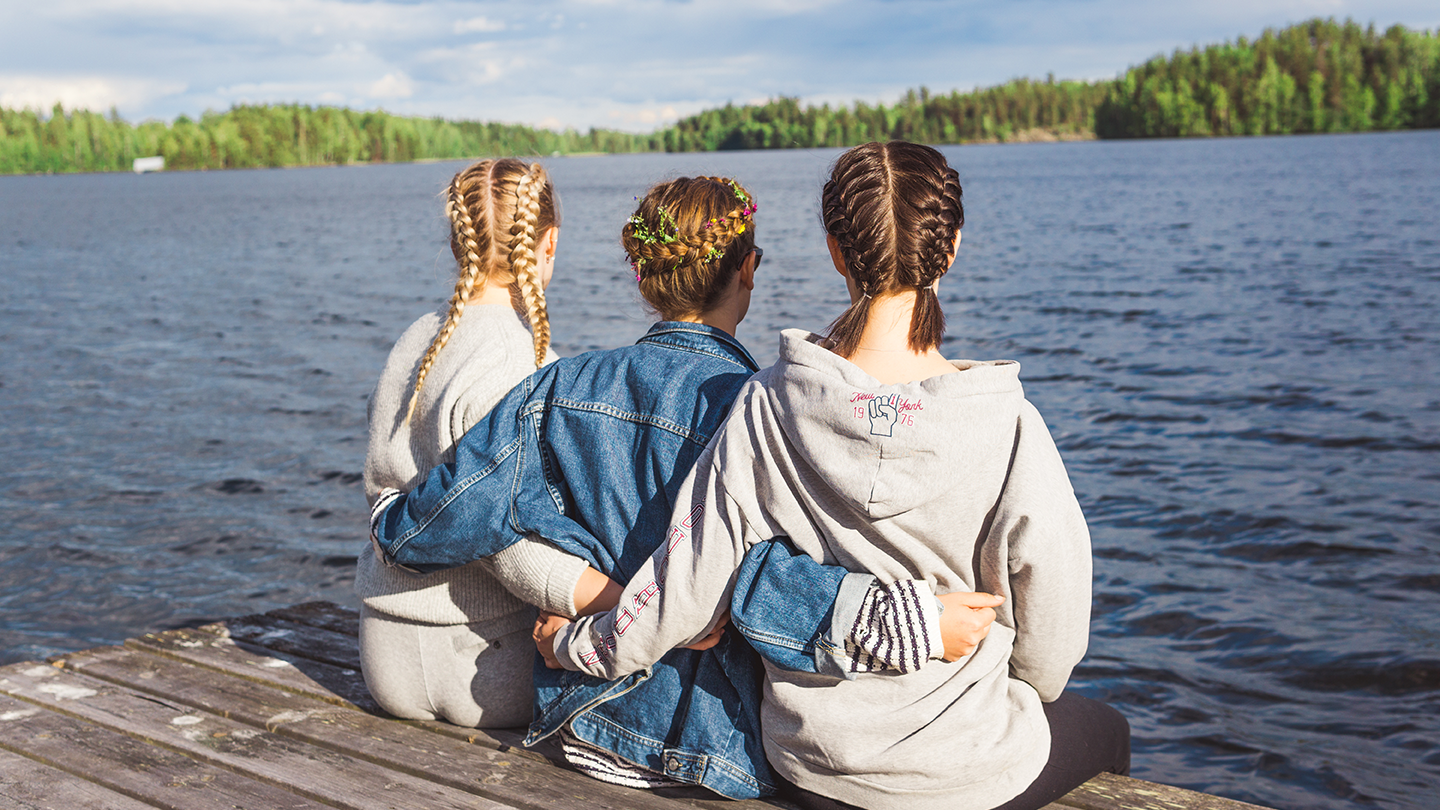
Three Nordic collaboration projects to advance research on the wellbeing of children and youth
NordForsk has funded three new projects, building on insights from a previous call on children and young people. All projects aim to deepen our understanding of young people’s wellbeing.
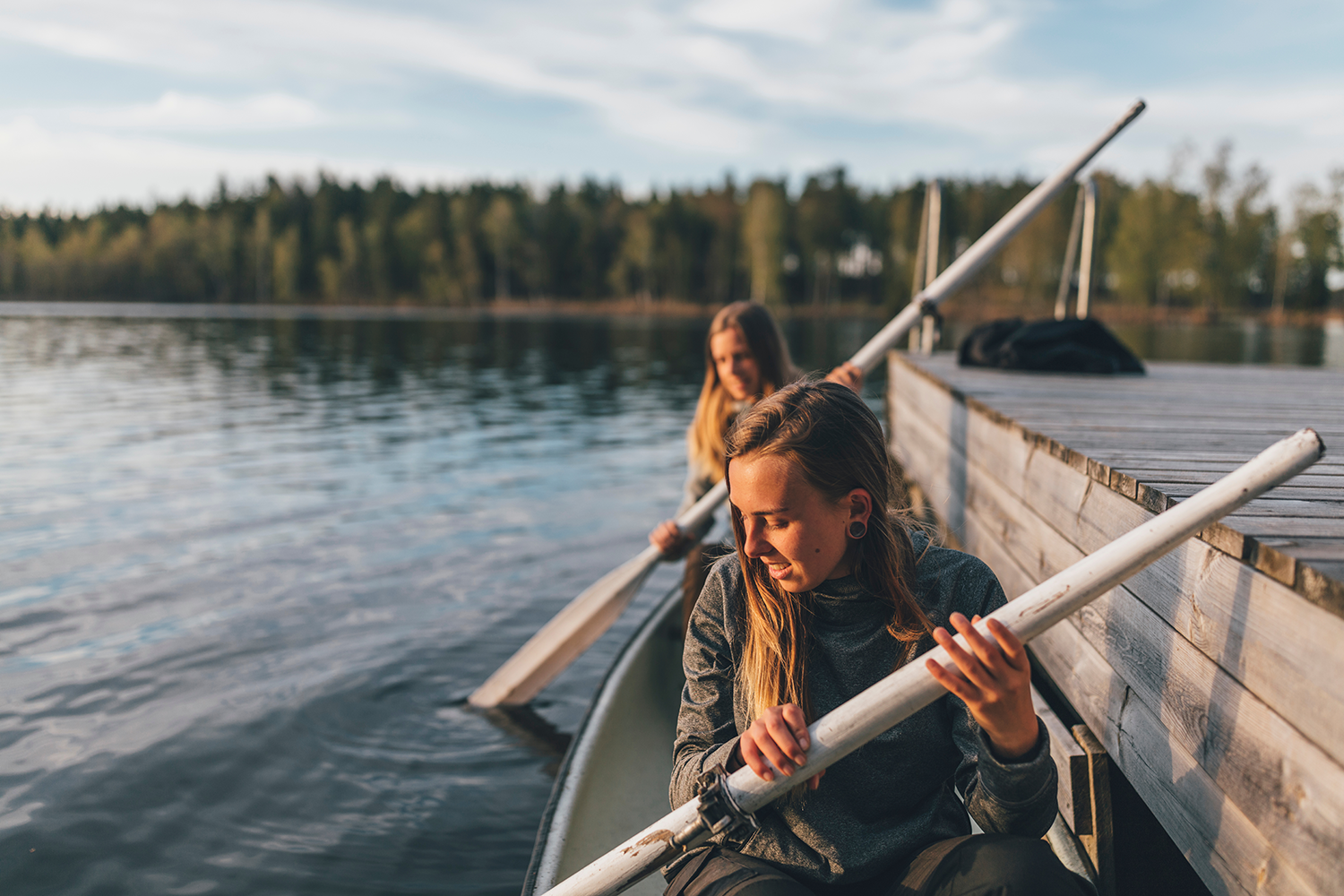
Young people are not very concerned about major world problems
If you ask young people whether they worry most about climate change, natural disasters, a new pandemic or war, the answer is climate change. But almost 75 percent worry little or not at all about any of the four scenarios, according to Nordic research.
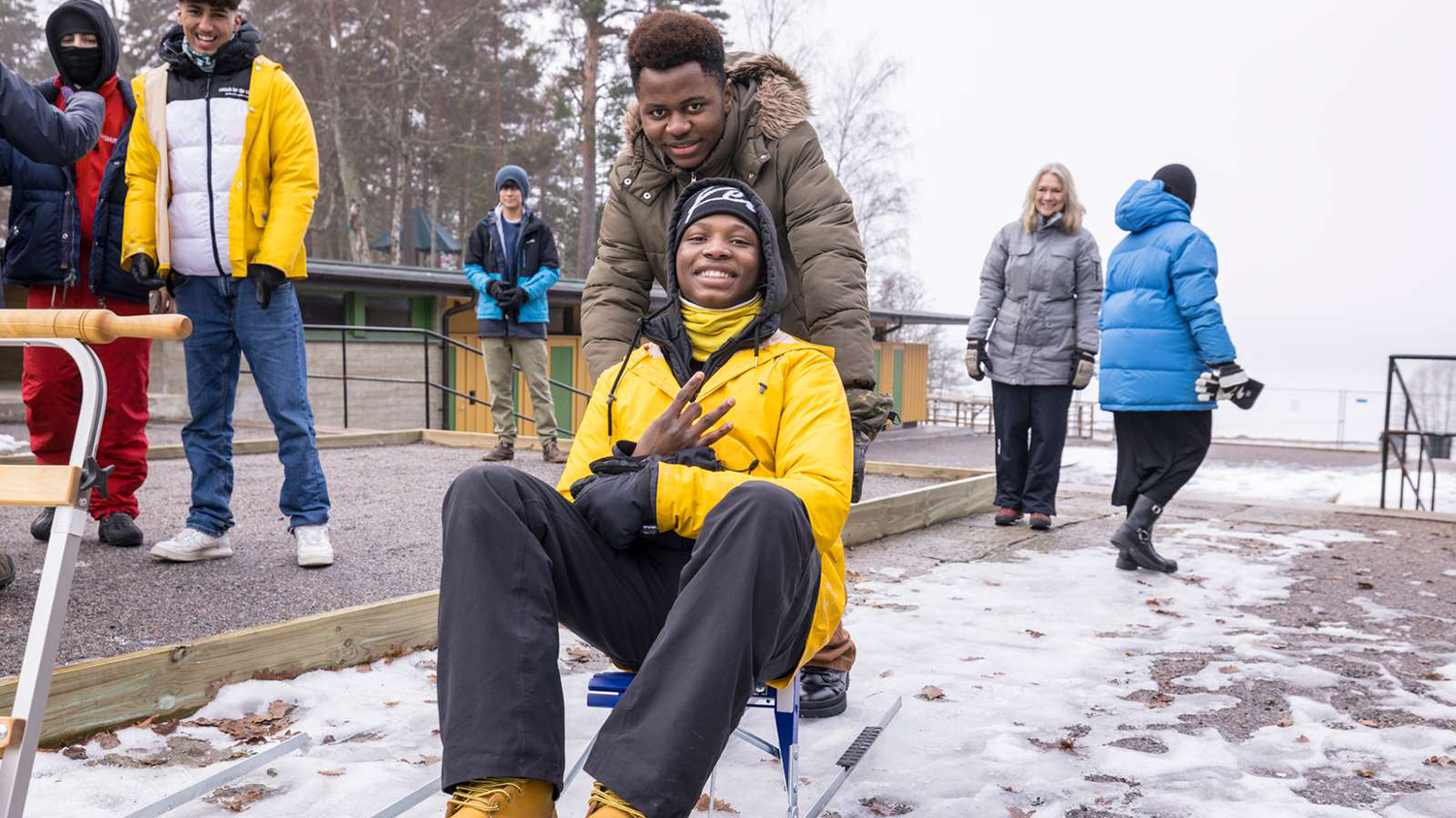
How the pandemic affected children and young people with refugee and asylum backgrounds
We pride ourselves on a Nordic school model where everyone has equal access to education, but that was not necessarily the case for all students when the pandemic was upon us, new research suggests.
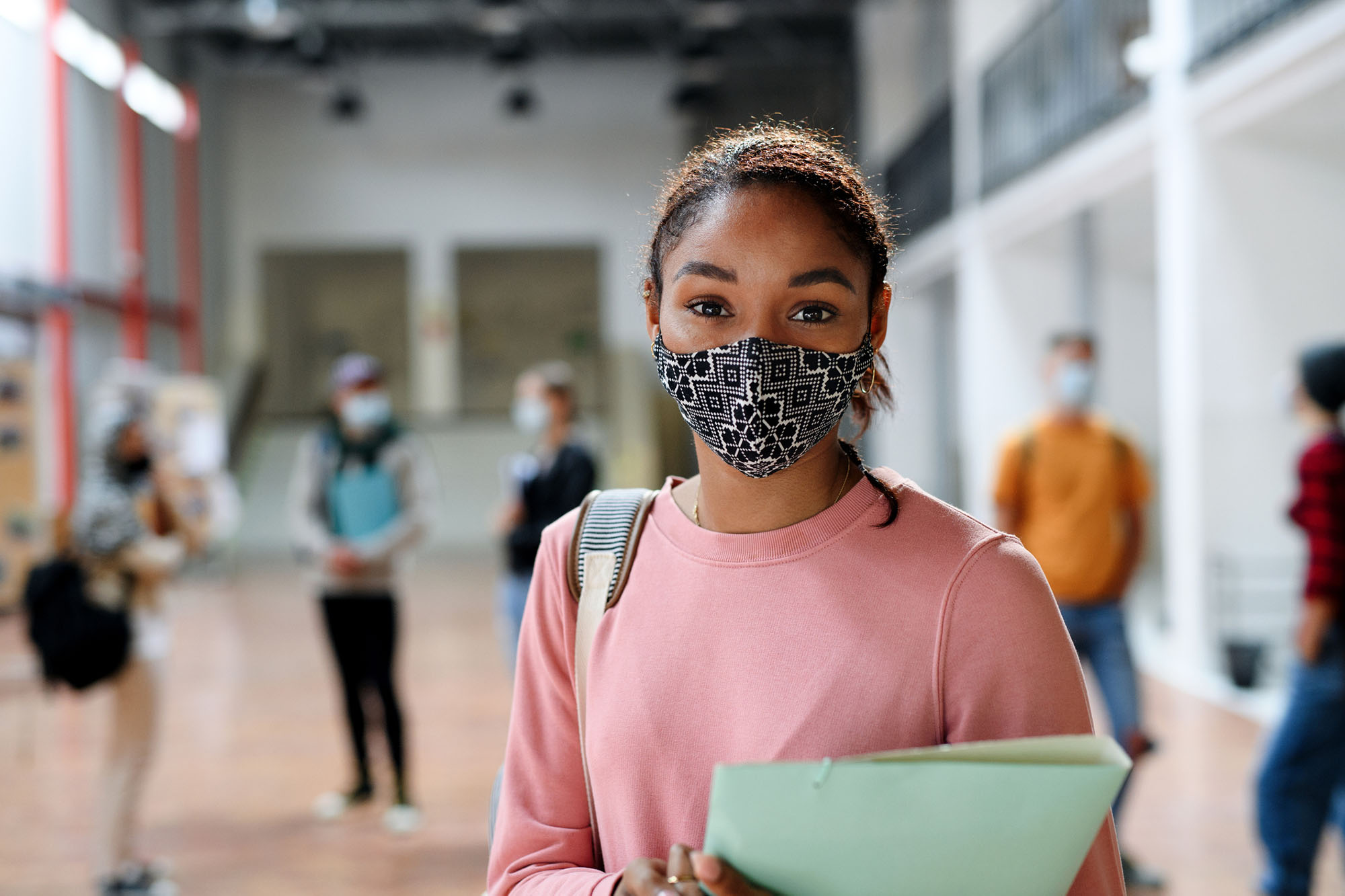
High number of young people with mental health problems
Many young people in the Nordic region have symptoms of anxiety, depression, and social anxiety, according to a new Nordic study. Girls are particularly affected, and more help is needed, according to the researchers behind the study.
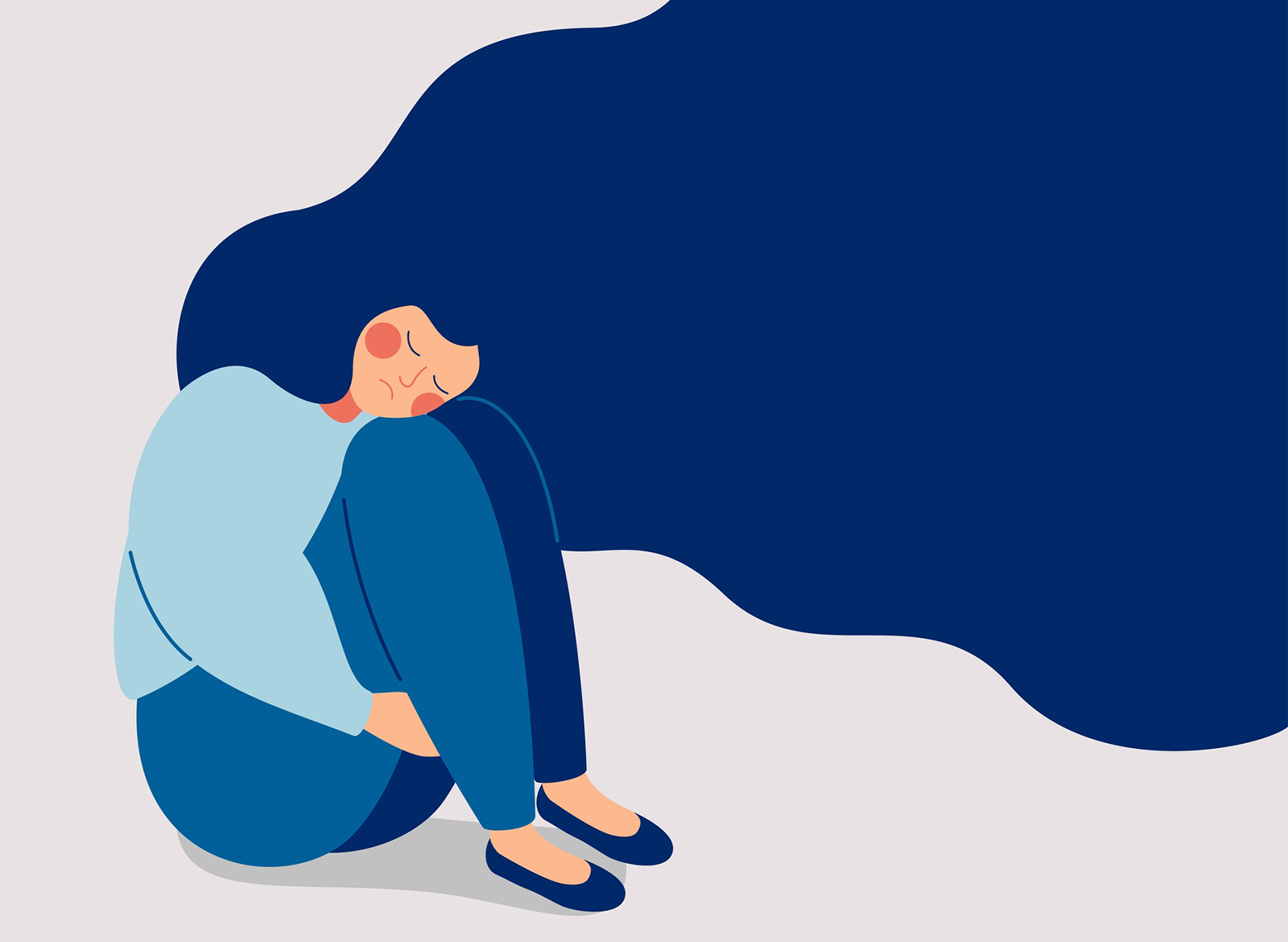
Kindergartens must prepare for the next pandemic
How did the pandemic restrictions affect pedagogues and children of pre-school age? New research shows that the pandemic challenged the daily practices of daycare centres in several areas.
